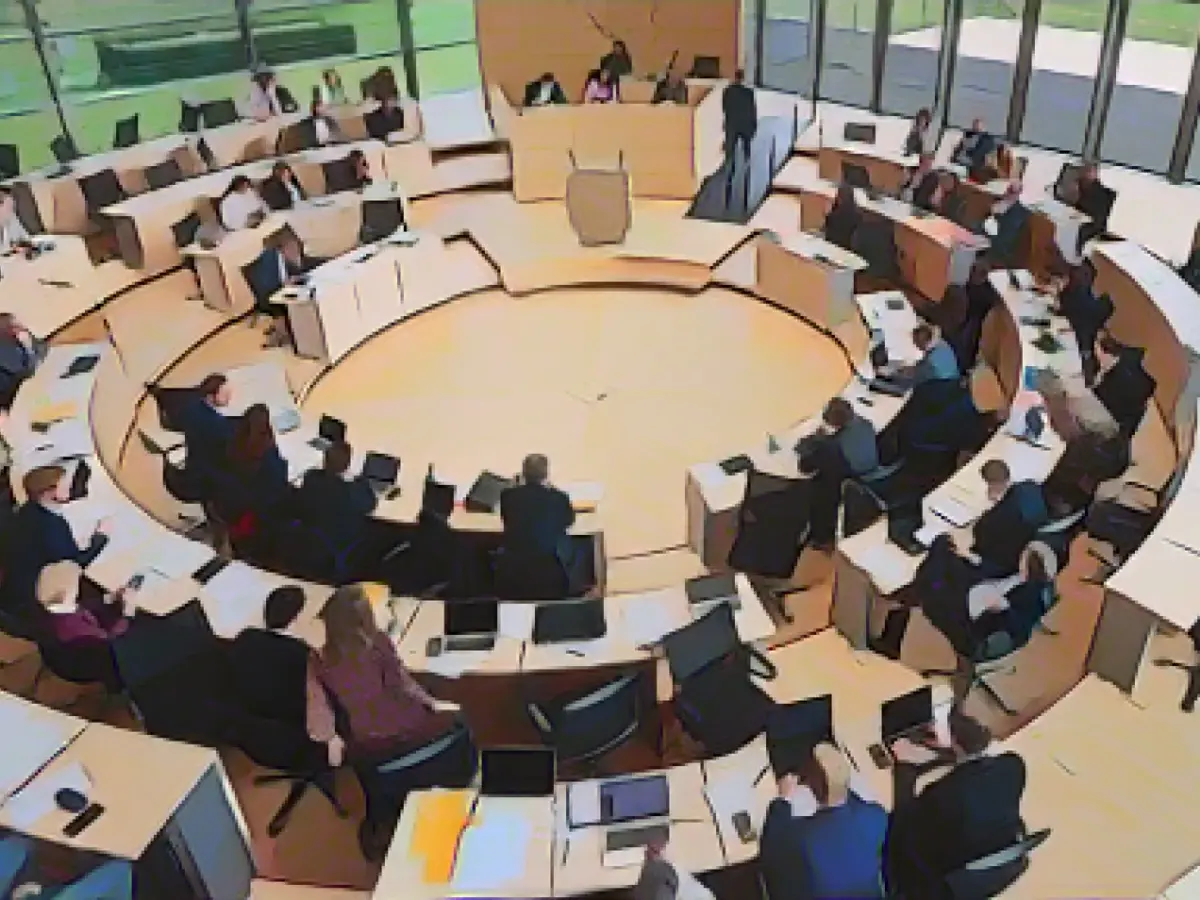Politics: Madsen Slamdunks Federal Rejection of Regional Rail Funding
Minister of Economics and Transport, Claus Ruhe Madsen (CDU), of Schleswig-Holstein, has slammed the federal government's decision to slash regional rail funding. Madsen lambasted the proposal as shortsighted and destructive according to NDR News.
Until now, local rail transportation had been a priority, with promises of boosted funding. Madsen argued the proposition brings with it a massive financial void in the rail sector, stating, "this has got to be a fatal signal." The federal budget considers a cut of 350 million Euros, which would equate to a ten-million Euro yearly reduction for Schleswig-Holstein.
Responsibility for rail infrastructure unfurled from the federal government to state authorities with an agreement for adequate financing. However, Madsen insisted the Federal Government needs to fulfill their part of the bargain. In his perspective, the present behavior contradicts any previous agreement. "I just expect them to treat us a little differently," he said.
Context
- Regional economic growth could suffer with the duty of maintaining rail infrastructure falling heavily on the states.
- Travelers in Schleswig-Holstein mght face disruptions in their daily commutes and strain on tourism reliant on trains.
- The general public might contribute to political pressure with protests, petitions, or campaigns demanding for better funding of regional rail services.
- NDR, a local news channel, could intensify coverage of the tension between the federal government and Schleswig-Holstein's Minister.
Source:
Insights
The cutbacks might lead to escalating job losses and frequent service disruptions in the rail industry. Rural and less affluent communities could face challenges in mobility and access, affecting participation in job, education, and medical care. The environmental consequences involve a higher carbon footprint, exacerbating the struggle against climate change.
Possible repercussions include escalating challenges for coalition politics, enforced public run protests, and alternative infrastructural rejigs. Public storage campaigns and petitions may also gain traction, ultimately drawing the attention of large swathes of society.
The Federal Government may consider the implementation of efficiency measures, such as modernization and optimization of operations and infrastructure. A shift to public-private partnerships and legislative action representing regional interest could be the next steps to avert the proposed budget cuts.








